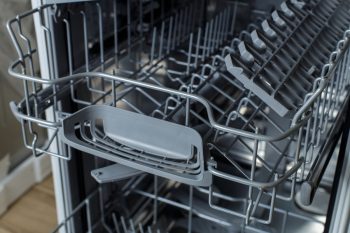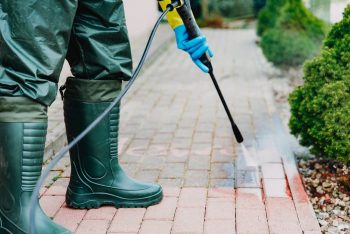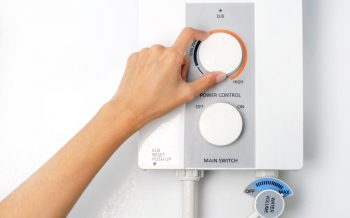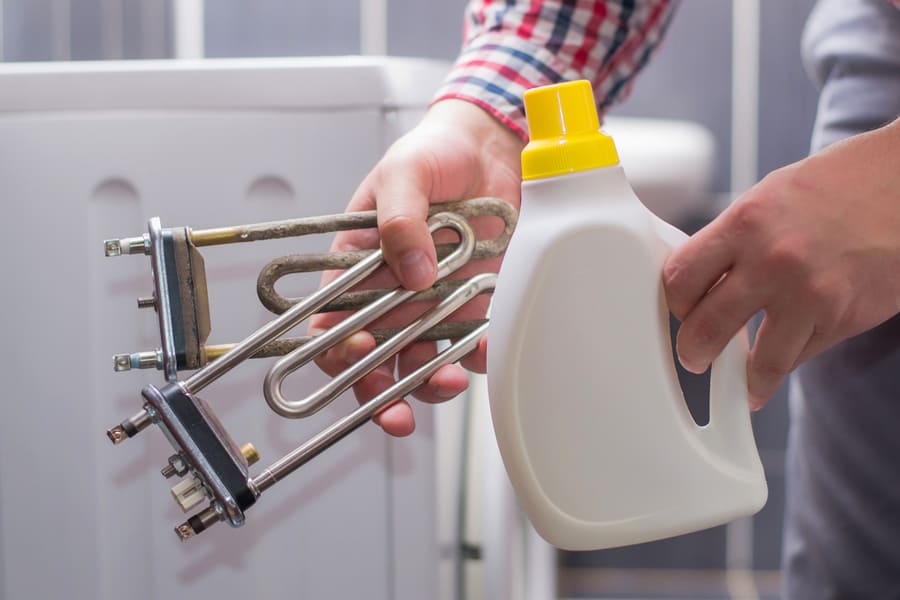
Anything that combines heat and water will consequently build up mineral deposits, and the same holds for water heaters.
As the water heats up and evaporates, it escapes the system but leaves behind minerals from the water. This accumulates over time, hardening into limescale.
Limescale can affect your water heater’s performance. So to ensure your heater works at peak performance every time, it’s important to descale. Here’s how to do it.
- Limescale forms when the minerals in water are left behind after the water is heated and evaporates.
- Descaling a water heater entails removing the built-up limescale to keep the system running smoothly.
- It’s possible to descale your water heater using vinegar or a store-bought descaler.
Water heaters have changed over time, becoming more and more sophisticated with more durable, efficient, and powerful systems. But that doesn’t mean they’re impervious to things like limescale.
Routine descaling is important in maintaining a clean, efficient water heater system.
What Is Descaling?
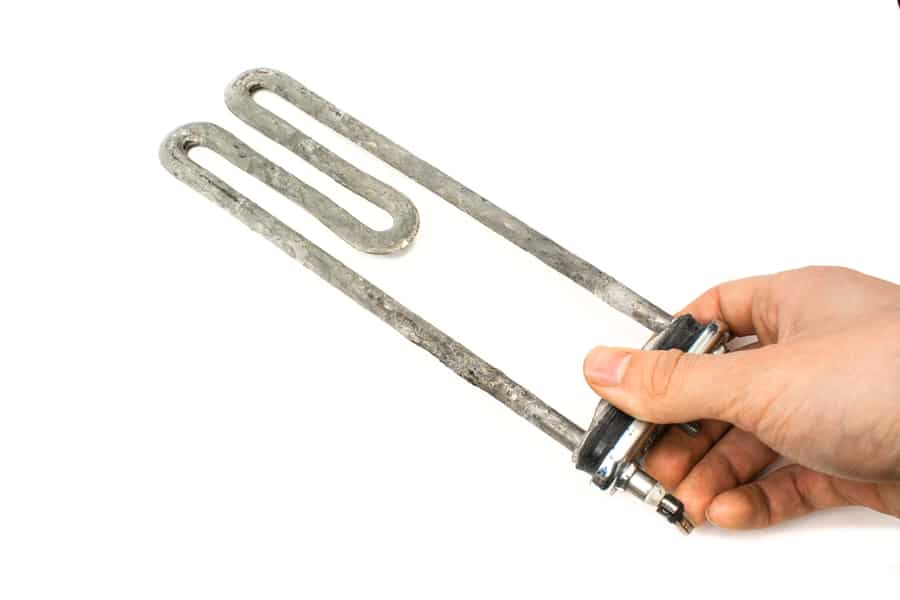
Descaling pertains to removing built-up mineral deposits and limescale accumulating and hardening in and on various boilers and heat exchangers components.
Descaling is important because traditional, conventional cleaning methods don’t usually address the issue of limescale because of its hardened nature.
How To Descale a Water Heater
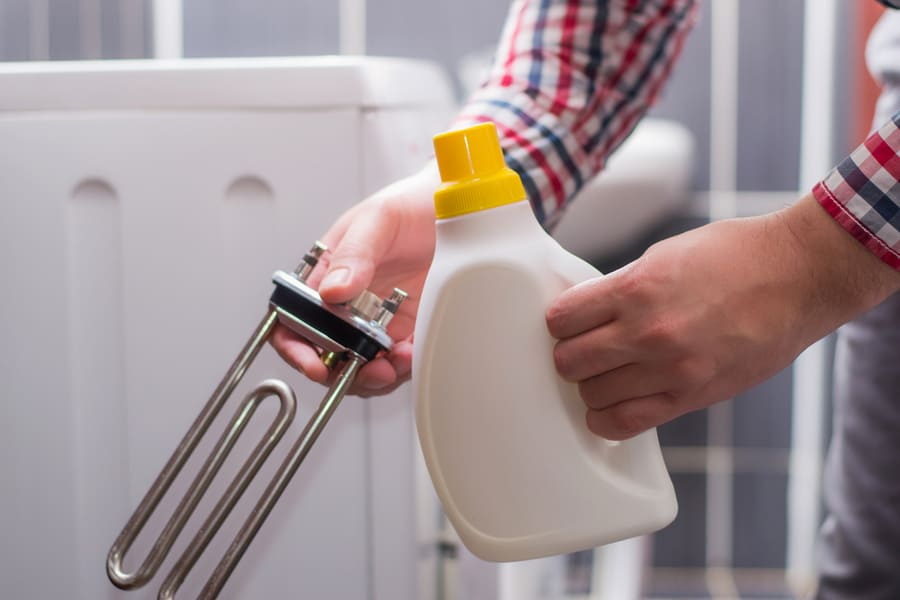
According to specialists, you must descale your water heater at least once every two years. If the water in your area is especially ‘hard’ (meaning it contains high levels of minerals), you might have to descale at least once a year.
Here’s how to do it:
- First, turn off your water heater’s power source and let the water cool.
- Next, remove the pressure relief valve so that the vent at the top of the tank is open.
- Drain the water from the drain valve at the bottom of the tank. Then, you can use and connect a hose to direct the water to the nearest drain or garden.
- If there’s a lot of mineral buildup in your water heater, the hose and drain valve may become blocked with mineral chunks. Use a long slender item like a screwdriver to poke into the drain vent and allow water to pass through. You can also move the hose around to loosen any blockages.
- Ensure you drain all the water before closing the drain valve.
- Use a commercial descaling solution and follow the ratios indicated in the directions. Then, pour it into the tank via the pressure relief vent. You can use a funnel to make it easier. Without a descaling solution, you can use a gallon of vinegar.
- Leave the solution for 30 minutes or as indicated in the directions.
- Fill the water tank halfway and drain. Repeat this step twice to three times to eliminate any solution and limescale left in the tank.
- Return the pressure relief valve and turn the power back on. You can then resume using your water heater as you normally would.
Alternatively, you can schedule routine water heater descaling with your local HVAC specialist or plumber so they can perform a more thorough descaling for you.
Conclusion
Descaling a water heater is an important part of keeping your heater in proper working condition.
So if you’re past the two-year mark and have yet to give your heater a proper descaling, head down to the hardware store and cop a descaling solution to get rid of built-up limescale.
Frequently Asked Questions
What if You Don’t Descale a Water Heater?
Your water heater will continue to operate even with built-up limescale, but that doesn’t mean it will work as efficiently. Mineral deposits can coat the heating elements and prevent proper heat transfer.
This means your water might not be as warm or hot as it used to be. Limescale can also contaminate your water, making it potentially unsafe for use.
Should I Descale My Tankless Water Heater?
Yes, you should. Even tankless water heaters can accumulate limescale. Read your user manual to find out how to descale your tankless water heater. Experts recommend descaling a tankless water heater at least once a year.



